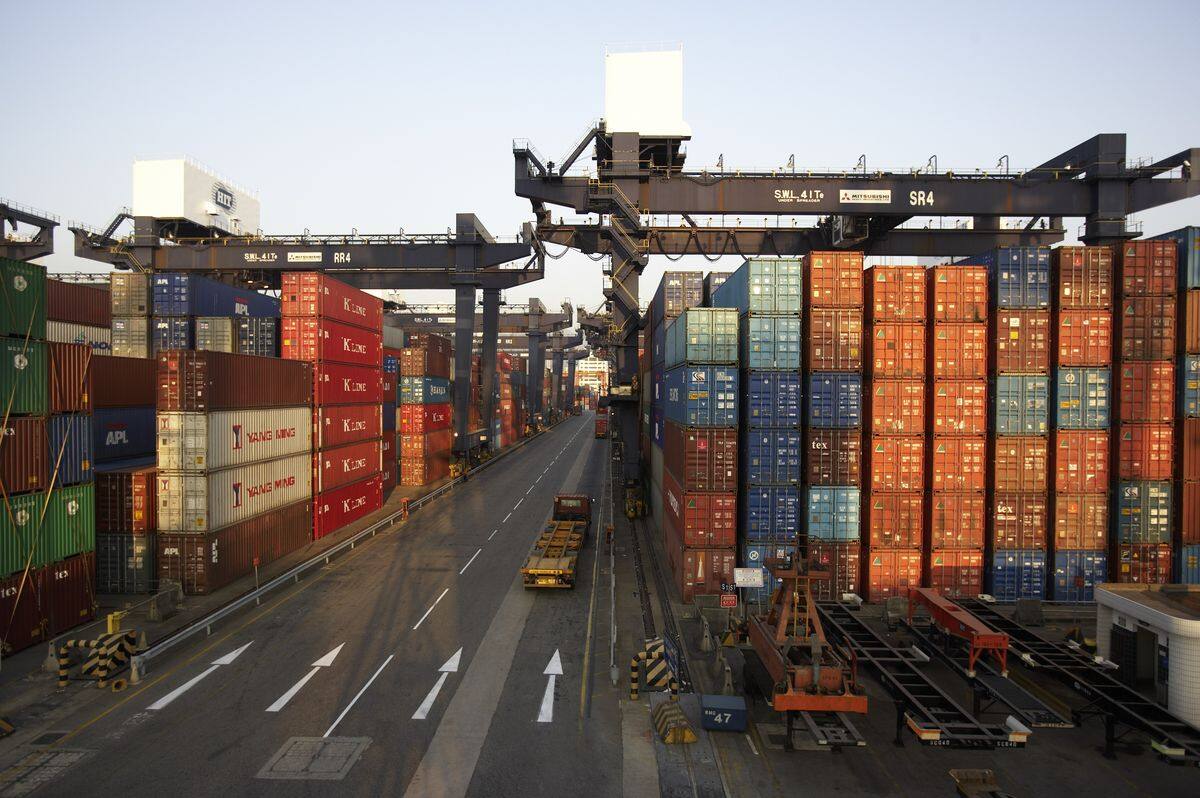The primary requirement for exporting electronic products to Saudi is obtaining the "SABER PC + SC Dual Certifications". The SABER PC (Product Certificate of Conformity), valid for one year, must be applied for by the local Saudi importer on the saber.sa platform, accompanied by test reports and technical documentation. The typical fee for common product categories is approximately $153 USD, with higher costs for high-risk products or if a factory inspection is required. The SABER SC (Shipment Certificate of Conformity) is required for each shipment and must be obtained between pre-shipment and before the goods arrive at the port. Processing usually takes 2-3 business days, with expedited services available. The absence of either certificate will result in customs clearance delays.

Technical compliance standards are continuously evolving. Effective January 1, 2025, Saudi Arabia will officially enforce the mandatory USB Type-C charging port regulation. The first phase covers 12 categories of devices including mobile phones, tablets, and headphones, with an extension to laptops and other products planned for April 2026, aligning with similar regional standards like those in the EU. This policy is projected to reduce charger demand by approximately 2.2 million units annually.
Manufacturers need to adapt their production lines in advance to comply with the new interface standard. Concurrently, SASO (Saudi Standards, Metrology and Quality Organization) has added new controlled product categories, such as telecommunications equipment, in 2025, requiring more detailed test reports on hazardous substances. Additionally, the HS codes must be updated to the latest version issued by the Zakat, Tax and Customs Authority (ZATCA) to prevent clearance delays due to code discrepancies.
Specific Saudi-specific technical requirements demand special attention. The voltage and frequency must strictly comply with 220V/60Hz. If a product only has a test report for 230V/50Hz, additional tests for differences like harmonic currents and temperature rise may be required. Plugs must conform to either the British Standard BS1363 or the Saudi standard SASO 2203. Furthermore, the parameters on the label must match those on the plug itself, and consistency checks in this regard will become more stringent starting in 2025.


